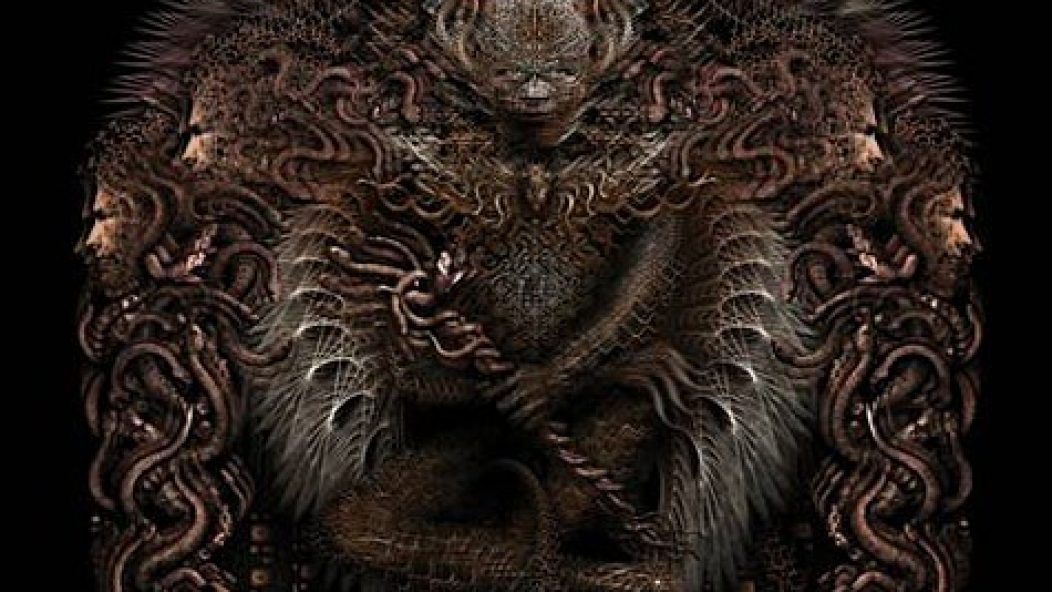
Meshuggah - Koloss
. . .
“The struggle to free myself from restraints becomes my very shackles.”
The above lyric from Meshuggah’s Catch-33 holds special significance for me. It describes a plight that most people who work hard towards their goals have experienced. Your striving can become a millstone around your neck.
Meshuggah themselves are clearly familiar with this dilemma. Theirs is an enviable position—they can take credit for inspiring a microgenre of disciples. (Whether they’d actually want credit for djent is another matter.) Their weirdness dominates the conversation around them: the polyrhythms, the jazz influences, the 8-string guitars, the insect-song solos, and so forth.
Ironically, Meshuggah are so popular because they balance that weirdness with accessibility. Anyone can headbang to their songs. But after 2002’s Nothing, both the band and their audience turned their attention away from that accessibility. Experimentation and technique took the lead for a decade of Meshuggah’s career. They began composing their music via digital track-trading during this period. The results were compelling, but as clinical as a circuit diagram.
Meshuggah originally planned to write all of Koloss as a group in their practice room. The plan fell through, but the intent still shows. Where 2008’s ObZen was all cold silicon, Koloss is warm, organic, even muscular. It features a booming, reverby production and forceful performances. Drummer Tomas Haake’s double kick work comes not in mathy spurts but in murderous, death-metal-flavored rolls. On “Behind the Sun,” Koloss’ slow jam, he helicopters away like Pete Sandoval on a Morbid Angel lurcher. Headbanging is mandatory.
Meshuggah have not abandoned their unique idiom, but songwriting—always their secret weapon—takes the lead this time around. The tunes here are genuinely diverse. Nobody could confuse the twitchy waltz of “The Demon’s Name is Surveillance” with the semi-sexy funk of “Do Not Look Down”, or with the bright guitar slides and vicious coda of “Marrow”.
The band’s command of subtle dynamics also remains evident. The 16-second buildup to the pause at 2:26 in “Demiurge” gathers with serpentine grace. “The Hurt that Finds You First” does the opposite, unwinding into an unbearably tense anti-climax.
For the first time in 10 years, the millstone has fallen from around Meshuggah’s necks. The phrase “return to form” springs to mind. Given how good their last few albums have been, that’s saying something. Good luck keeping up, djenters.
. . .
HEAR KOLOSS
. . .
Meshuggah – “Do Not Look Down”
. . .
BUY KOLOSS
. . .











